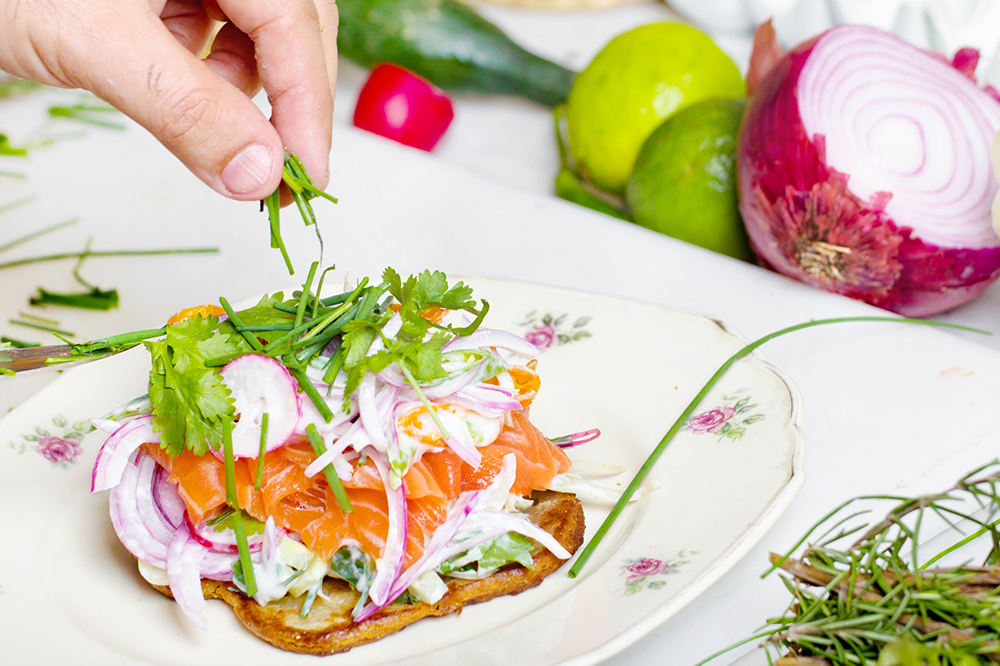Police have been called to more than 50 incidents including reports of self-harm and family harm at managed isolation facilities since they opened nearly a year ago.
Nearly 120,000 people have been through New Zealands managed isolation and quarantine (MIQ) process since March 26, 2020.
Figures released to Stuff under the Official Information Act reveal police had attended 57 incidents at MIQ facilities across the country as of January 12.
Of the incidents, there were 25 family harm call-outs and 22 self-harm incidents. Three people were charged, all relating to disorder offences, including an intoxicated 24-year-old man in Auckland. All but six of the call-outs were in Auckland.
READ MORE:* People in MIQ are missing out on health checks because of chronic nurse shortage nurses’ union* Health and wellbeing of ‘hero’ staff key for MIQ provider in renewing Government contract* Covid-19: Movement in MIQ facilities restricted to limit potential spread, Brigadier Jim Bliss says
Considering how many people had been through MIQ, the total number of incidents requiring police intervention was minimal, a spokeswoman said.
Lucinda Baulch leaving a Wellington MIQ facility today after refusing to take a Covid-19 test for 28 days.
Polices role is to support our partner agencies to manage what can be a challenging environment for some people. Our goal is always to keep people safe, and we take any incidents that arise very seriously.
An MIQ spokeswoman said the facilities were a microcosm of the wider New Zealand community.
What we see in our communities can also be experienced in our facilities and unfortunately, that can include incidents of family harm.
Police took the lead on family harm incidents. Where necessary, police would separate bubbles and move one person to another room, she said.
Police have attended 57 call-outs at MIQ facilities since March last year.
Steps were also taken to support returnees who might be at risk of abuse once they left the facility. Examples include staggering exits from facilities, making sure at-risk individuals travelled on a separate flight, and connecting them with social services.
On-site health professionals gave each returnee a health and wellbeing assessment when they arrived at MIQ.
Returnees receive clear guidance on protecting their own and others health and wellbeing during their stay in managed isolation facilities. This is communicated to them verbally and is reinforced in their welcome pack and throughout their stay, the MIQ spokeswoman said.
The on-site health teams also did daily health checks, either in person or on the phone, and nurses were available 24/7 to support returnees and help them access care.
Women’s Refuge chief executive Dr Ang Jury says spending two weeks in a hotel room can be an aggravating factor for families already experiencing tension.
MIQ staff were continually reviewing their practices to ensure the needs of returnees were met, the spokeswoman said.
Womens Refuge chief executive Dr Ang Jury said it was not surprising police had been called MIQ facilities for family harm incidents.
If theres tension in the family, and theyre locked up in a hotel room for two weeks straight, then you can imagine that things are likely to not go particularly well, she said.
Most hotel rooms arent particularly generous. If youre in a relationship where someone is using violence or someone is using power and control, the ability to remove yourself from that person is just simply not there.
Mental Health Foundation chief executive Shaun Robinson said the number of self-harm reports at MIQ was relatively low compared to the number of people going through the facilities.
All the processes were going through with the Covid-19 pandemic are having an impact on peoples mental and emotional wellbeing, and we can expect to see that impact grow over the course of 2021.
Some people who were already struggling had been caused further stress by issues like lockdowns and having to go into MIQ, he said.
Police callouts by region:
- Auckland – 51
- Hamilton – 2
- Christchurch – 2
- Rotorua – 1
- Wellington – 1
Where to get help:
Lifeline (open 24/7) – 0800 543 354
Depression Helpline (open 24/7) – 0800 111 757
Healthline (open 24/7) – 0800 611 116
Samaritans (open 24/7) – 0800 726 666
Suicide Crisis Helpline(open 24/7) – 0508 828 865 (0508 TAUTOKO). This is a service for people who may be thinking about suicide, or those who are concerned about family or friends.
Youthline (open 24/7) – 0800 376 633. You can also text 234 for free between 8am and midnight, or email talk@youthline.co.nz
0800 WHATSUP children’s helpline – phone 0800 9428 787 between 1pm and 10pm on weekdays and from 3pm to 10pm on weekends. Online chat is available from 7pm to 10pm every day.
Kidsline (open 24/7) – 0800 543 754. This service is for children aged 5 to 18. Those who ring between 4pm and 9pm on weekdays will speak to a Kidsline buddy. These are specially trained teenage telephone counsellors.
Women’s Refuge (For women and children) – 0800 733 843.
Shine (For men and women) – free call 0508-744-633 between 9am and 11pm.
1737, Need to talk? Free call or text 1737 any time for mental health support from a trained counsellor
What’s Up 0800 942 8787 (for 518 year olds). Phone counselling is available Monday to Friday, midday11pm and weekends, 3pm11pm. Online chat is available 7pm10pm daily.
If you or someone else is in immediate danger call 111.
